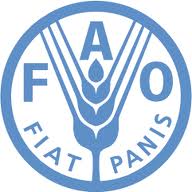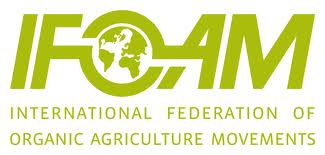ORGANIC FARMING
What is Organic Farming?


- Food and Agricultural Organization (FAO) defines it as a method of agriculture where no synthetic fertilizers and pesticides are used.
- The International Federation for Organic Agricultural Movements (IFOAM) defines the "organic" term as referring to the particular farming system described in its Basic Standards (refer to Standards, Certification and Labeling).
STATISTICS OF ORGANIC INDUSTRY IN MALAYSIA
- In reality, the organic food market is a niche that equates to less than 1% of the total food and beverage market in Malaysia today. The arbitrary definition of organic food and drink makes it difficult to accurately collect data. Thus, data like market size, growth rates and sales channel breakdown are estimates based on trade interviews (The South-East Asian Market for Organic Food & Drink, Organic Trade Association 2006).
- Prior to 2000, there were less than a handful of private organic farms, mainly small sized farms which supplied to a small number of local consumers in the vicinity of the farms. From 2001, under the encouragement of the government, organic farming grew from 131 hectares in 2001 to 2,367 hectares in 2007. In addition, organic fertilizers are also produced locally to support this growing niche agricultural sector, and today, organic fruits, organic vegetables, organic rice, organic chicken and fresh eggs are produced in Malaysia. Most of the organic products are sold domestically, with some being exported to Singapore. Currently, only locally grown organic vegetables and fruits are certified as organic by the Agriculture Ministry.
- There are now around 88 organic farms, of which about 49 are still valid and certified as organic farms that supply the organic market, whereas 39 certificates which already expired.
